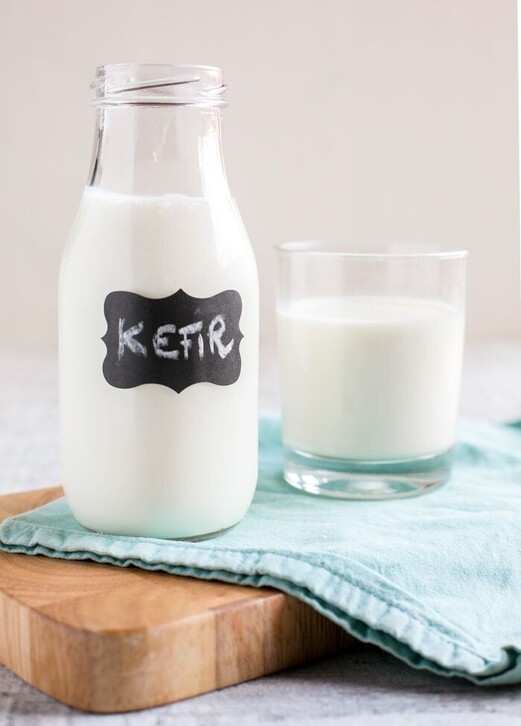The Natural Choice: Why I Prefer Naturally Fermented Foods Over Probiotic Supplementation
A healthy gut is the foundation of overall well-being, and maintaining a balanced gut microbiome is essential for good health. When it comes to promoting gut health, two popular options often come to mind: naturally fermented foods and probiotic supplements. While both have their merits, as a nutrition consultant, I strongly advocate for the consumption of naturally fermented foods over probiotic supplementation.
Let me explain why I rate natural fermentation over supplements.
1. Diversity of strains
One of the key advantages of naturally fermented foods is the diversity of probiotic strains they offer. Fermentation occurs when beneficial bacteria naturally present on food convert sugars and starches into lactic acid. This process leads to the proliferation of various probiotic strains, each with its unique benefits. In contrast, probiotic supplements often contain a limited number of strains. A diverse gut microbiome is associated with better health, and fermented foods help achieve this diversity naturally.
2. Live and active cultures
Naturally fermented foods are teeming with live and active probiotic cultures. These beneficial microorganisms are in their natural state, making them more robust and viable. In contrast, probiotic supplements may contain dormant or less active strains due to processing and storage conditions. Consuming live and active probiotics from fermented foods ensures that these beneficial bacteria can effectively colonize your gut and provide their health benefits.
3. Nutrient synergy
Fermented foods offer a unique advantage by combining probiotics with a range of other essential nutrients. For instance, yoghurt provides not only probiotics but also calcium and protein. Kimchi and sauerkraut offer vitamins and antioxidants in addition to probiotics. This nutrient synergy enhances the overall nutritional value of fermented foods and contributes to better overall health.
4. Promotes healthy digestion
The fermentation process partially pre digests the food, breaking down complex compounds that can be hard to digest for some individuals. A healthy gut microbiome is essential for efficient digestion, as it aids in the breakdown of food. This can be particularly beneficial for people with digestive issues such as lactose intolerance. Fermented dairy products like yoghurt and kefir, for example, are often better tolerated by individuals who struggle with regular milk consumption.
5. Cost-Effective and sustainable
Probiotic supplements can be expensive, especially when taken regularly. In contrast, incorporating naturally fermented foods into your diet can be a cost-effective way to maintain gut health. Additionally, supporting the consumption of fermented foods promotes sustainability by encouraging the use of traditional food preservation methods and reducing food waste.
What I rely on daily
For my everyday routine, I have a strong preference for using starter cultures from Kultured Wellness. To be honest, their products have become an absolute essential in my kitchen. They filled the gap in my quest for better gut health, and now I incorporate their kefir into my daily routine without fail.
You can check out their full range of products here and use code NURTURED10 for a discount sitewide.
Some of my other favourite naturally fermented foods and beverages include:
Clover Ferments (probiotic-rich fermented tonics) use code NURTURED10 for 10% off sitewide
Yoghurt (Greek or natural)
Coconut yoghurt (you can DIY with the Coconut Yoghurt Culture Starter from Kultured Wellness)
Sauerkraut
Kimchi
Kefir
Tempeh
Miso
So, in a nutshell…
While probiotic supplements can be beneficial in certain situations, my preference as a nutrition consultant leans heavily toward naturally fermented foods. These foods offer a holistic approach to gut health by providing a diversity of probiotic strains, live and active cultures, nutrient synergy, improved digestibility, cost-effectiveness, and sustainability. By incorporating naturally fermented foods into your diet, you can nourish and support overall gut health.
Fiona Agius
Holistic Nutrition Consultant
@mothernurtured_








